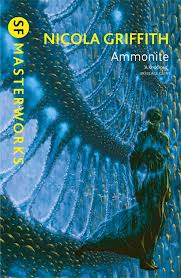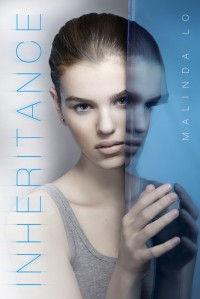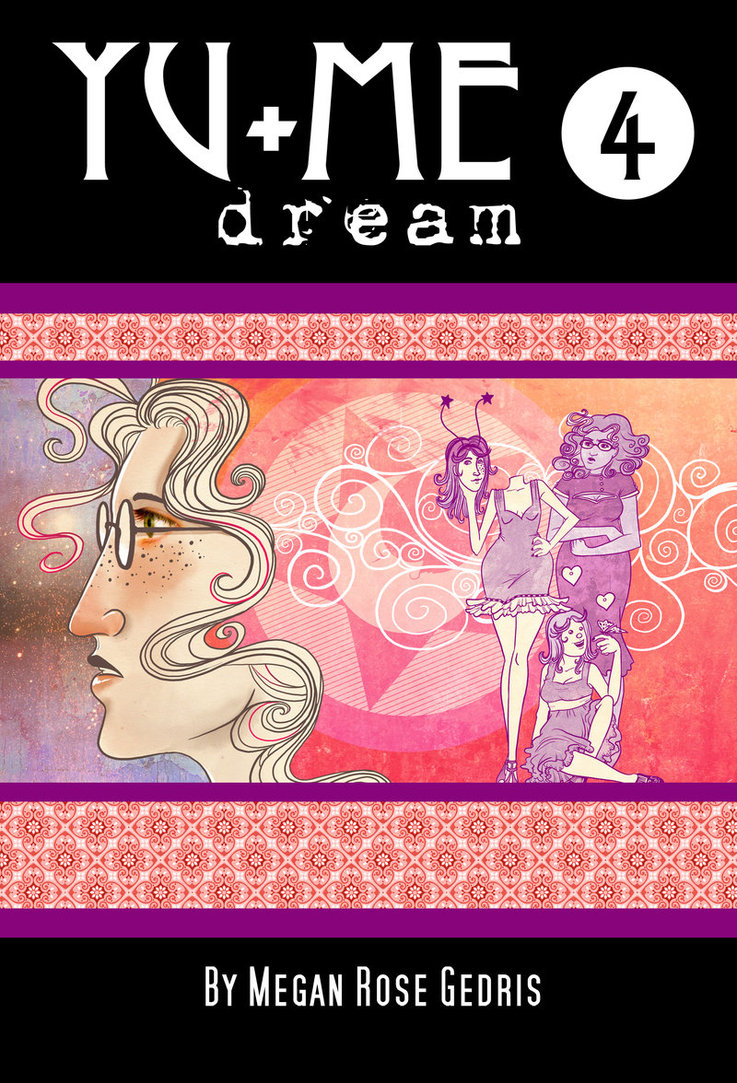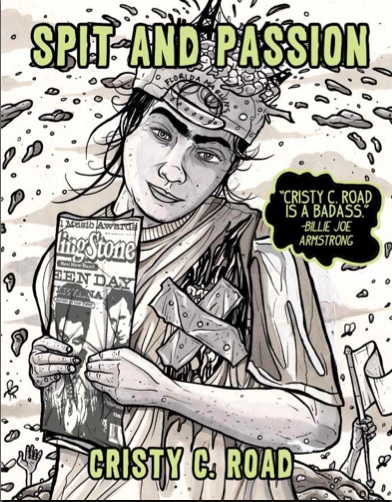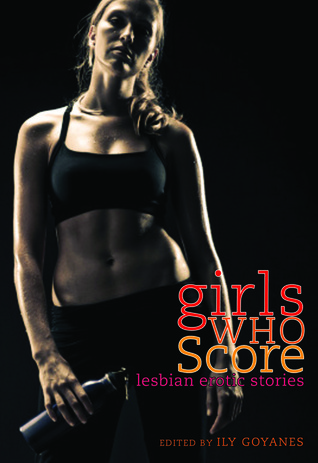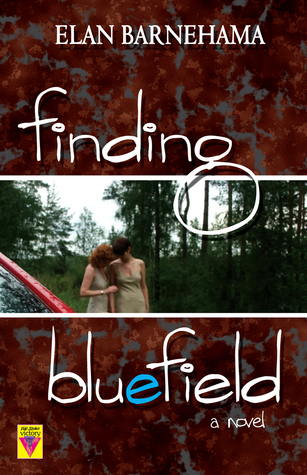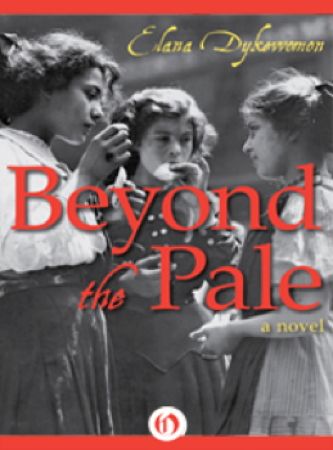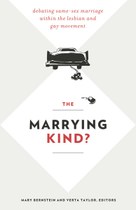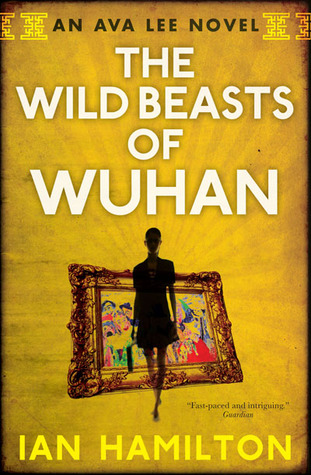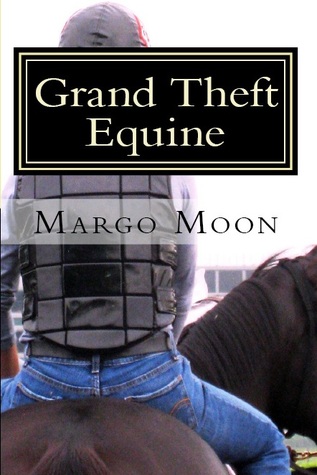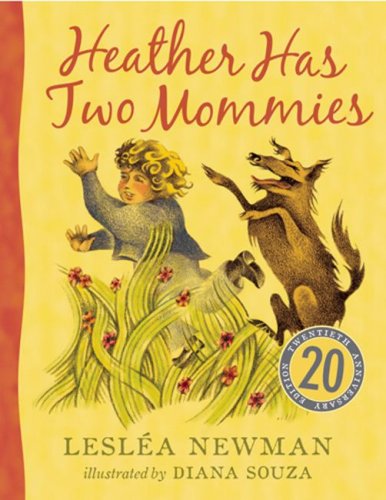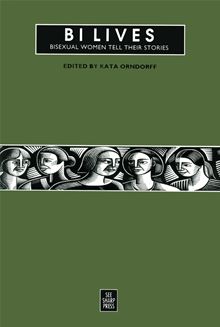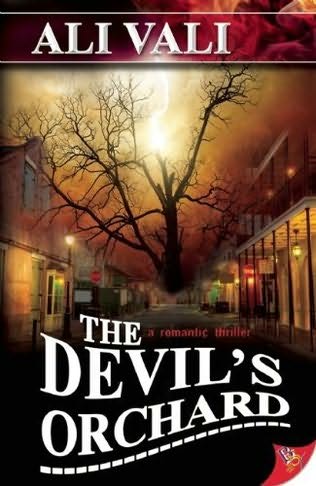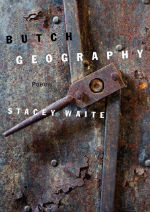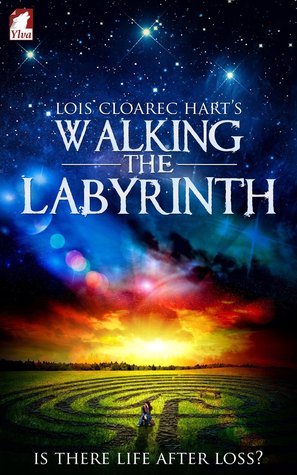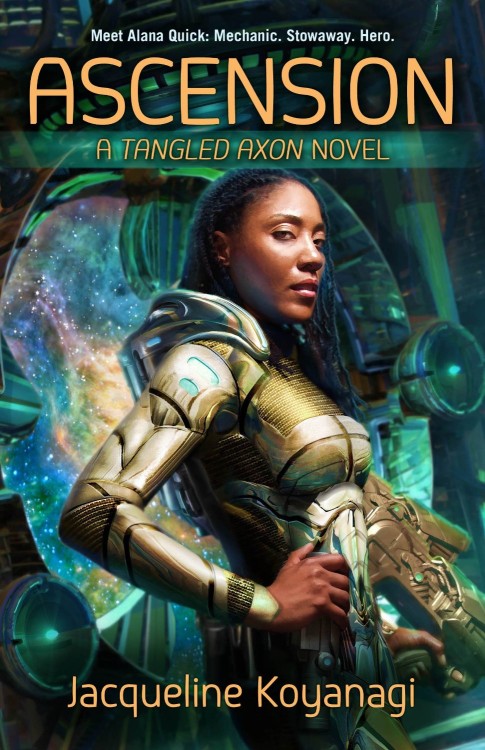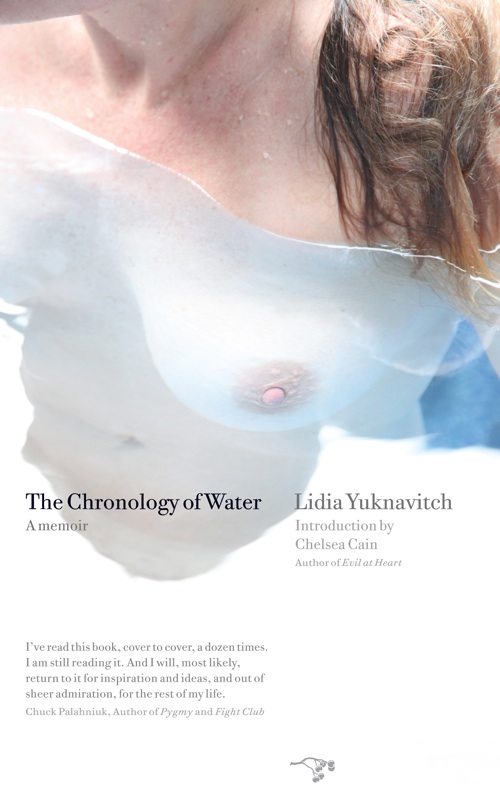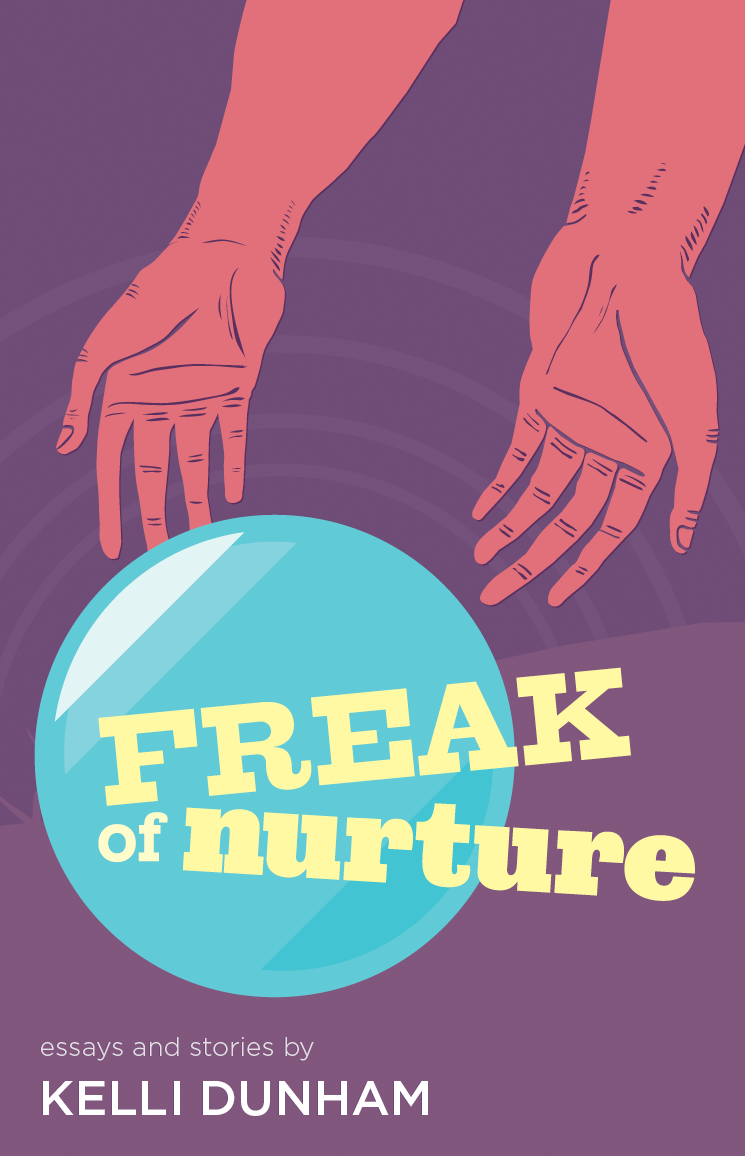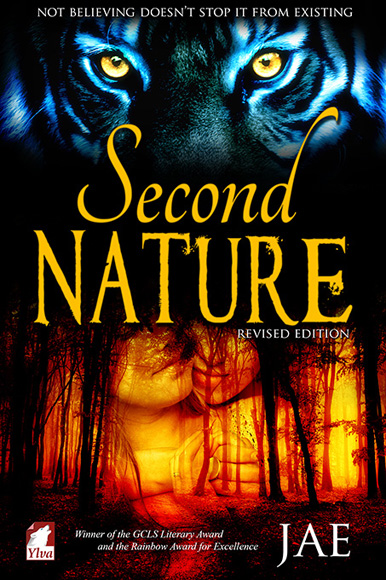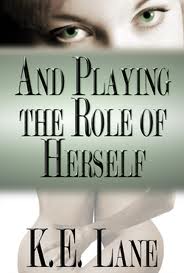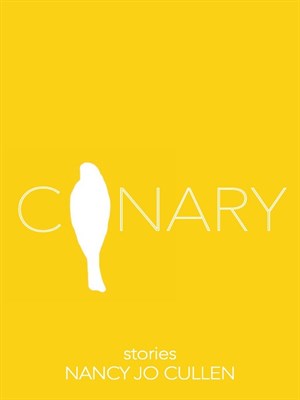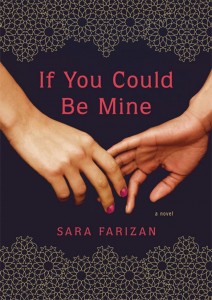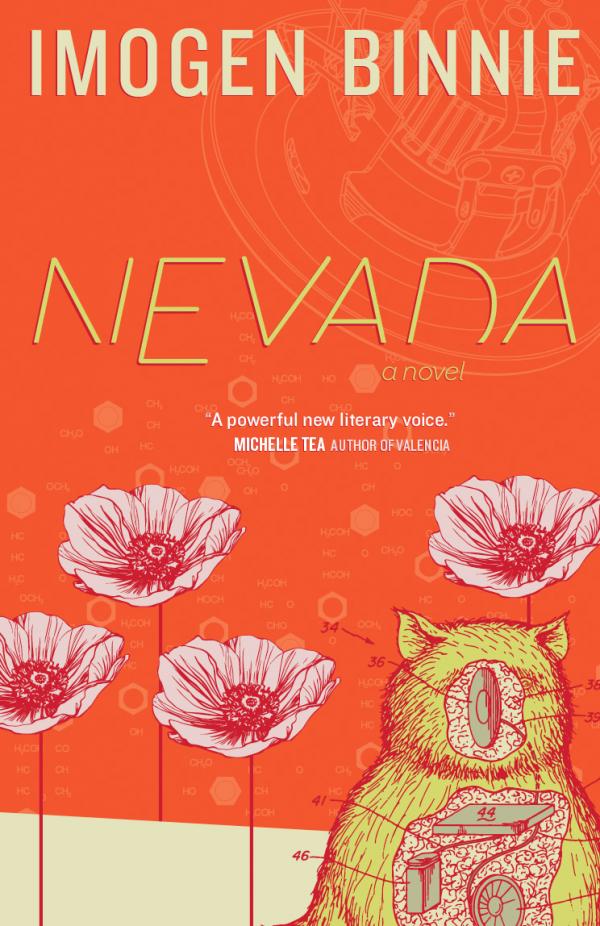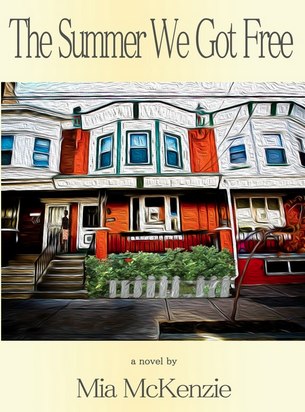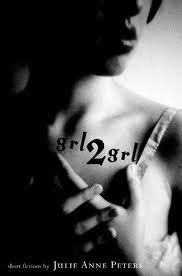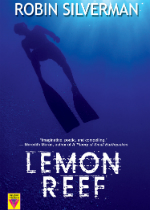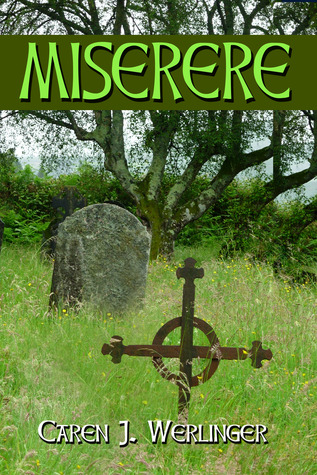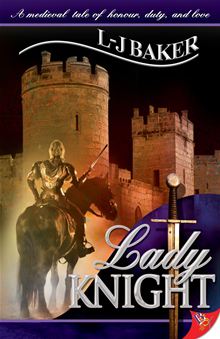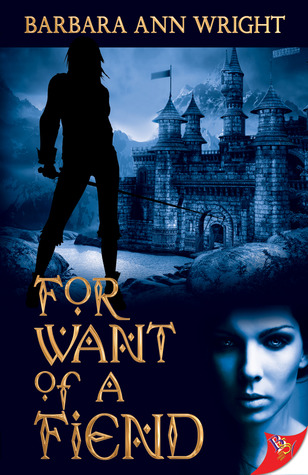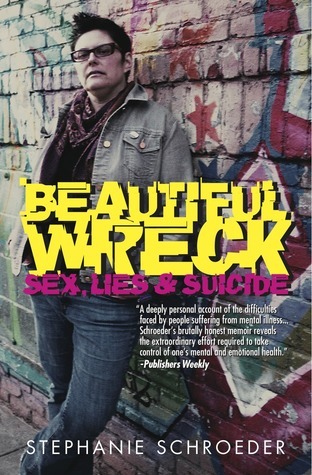AfterEllen posted AfterEllen.com Book Club: Choices for August.
Autostraddle posted Read a F*cking Zine: 50 Zines by Queer People of Color and Liberty Lit #25: War and Peach.
The Book Dyke posted more than a dozen reviews.
Elisa posted LGBT Ebook and Print Releases, July 2013.
Outwrite LGBT Book Festival will take place August 2-4 at The DC Center.
Queer Books Please posted What would your favorite television lesbian read? and Episode 27 – Sporting romances.
UK Lesbian Fiction posted L Fest.
Megan Rose Gedris started a Yu+Me Kickstarter to publish the entire webcomic in 2 volumes.
Jae posted Femslash Con – today!
Malinda Lo posted Pre-order INHERITANCE, get swag!
Cristy C. Road, author of Spit and Passion, was interviewed at Curve.
“New York politician says Miami lesbian’s book of erotica shouldn’t be seen by kids at Brooklyn library” was posted at gsfla.
A Walk in the Rain by Alison Barnard was reviewed at Good Lesbian Books.
Finding Bluefield by Elan Barnehama was reviewed at Lambda Literary.
The Marrying Kind: Debating Same-Sex Marriage within the Lesbian and Gay Movement edited by Mary Bernstein and Verta Taylor was reviewed at Lambda Literary.
Beyond the Pale by Elana Dykewomon was reviewed at The Rainbow Reader.
The Wild Beasts of Wuhan by Ian Hamilton was reviewed by Casey the Canadian Lesbrarian.
My House by Brenda & Vicki Harding (picture books) was reviewed at Good Lesbian Books.
None So Blind by LJ Maas was reviewed at Good Lesbian Books.
Grand Theft Equine & Inner Compass by Margo Moon was reviewed at C-Spot Reviews.
Heather Has Two Mommies by Leslea Newman (picture book) was reviewed at Good Lesbian Books.
Bi Lives : Bisexual Women edited by Kata Orndorff was reviewed at Bisexual Books.
Follow the Sun by Sophia Rhodes was reviewed at Loving Venus – Loving Mars.
The Devil’s Orchard by Ali Vali was reviewed at C-Spot Reviews.
Butch Geography by Stacey Waite was reviewed at Lambda Literary.
For even more links, check out the Lesbrary’s twitter page! We’re also on Facebook and tumblr.
This post has the covers linked to their Amazon pages. If you click through and buy something, I might get a small referral fee.

